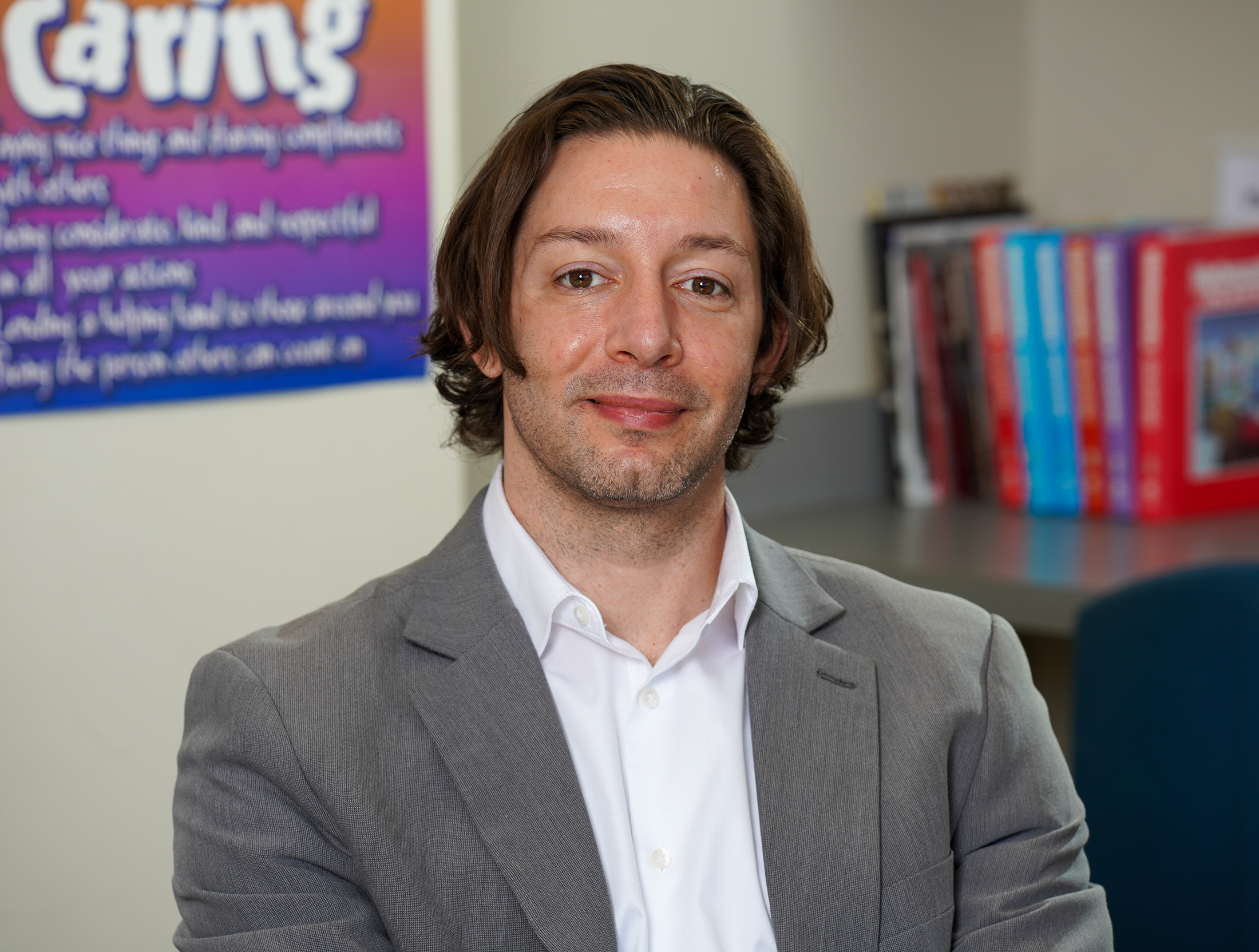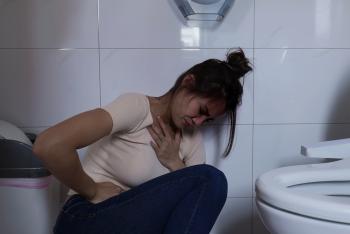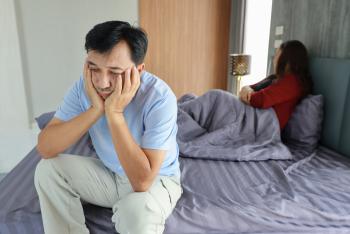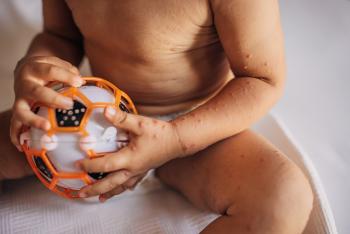Norovirus is a highly contagious stomach virus that spreads quickly in winter, causing sudden...
Read MoreEffective Monday, January 5th, Inspira Health is now at Yellow Alert Status: Masks for staff, patients and visitors in all high-risk areas across our facilities are strongly recommended.

During the pandemic, the global prevalence of anxiety among children and adolescents reached 20.5 percent—double the prevalence pre-pandemic. Untreated anxiety can lead to impaired concentration, worsened sleep and irritability, which can impact key elements of childhood development. In addition, evidence shows that leaving anxiety untreated can result in depression or other comorbidities later in adolescence and early adulthood.
With these findings at the forefront of adolescent mental health, the United States Preventive Services Task Force (USPSTF) has drafted a recommendation that children ages 8 to 18 get screened for anxiety.

“These recommendations are centered around being more proactive when it comes to children’s mental health,” said Stephen Mateka, D.O., clinical director of children’s behavioral health services for Inspira Health. “Other than ADHD, autism or other neurodevelopment disorders, anxiety is one of the earliest types of mental illness to present. The same way we check a patient’s blood pressure or heart rate, we should be screening for mental health concerns.”
The diagnostic criteria for generalized anxiety disorder are the same for children as for adults, but in children, there only needs to be one identified negative manifestation to diagnose anxiety. “It’s common for children to experience physical manifestations of anxiety. This may include headaches or gastrointestinal concerns like nausea, vomiting and upset stomach,” said Dr. Mateka. “Anxiety can also appear in social settings or when separated from parents and loved ones.”
When talking to younger patients about their anxiety symptoms, it’s important to understand what they’re experiencing first—physical manifestations, worries and thoughts, or both. Using that as background information, have a straightforward conversation about what may be triggering their anxiety. Ask questions such as:
If you are concerned that anxiety is impacting a child’s academics, social life or home environment, it’s important to refer them to a mental health specialist. The first step in treating children with anxiety is usually psychotherapy. “Medication is an option if psychotherapy is ineffective or if the anxiety is already significantly impacting their ability to function, but it’s important to carefully consider all options before prescribing medication,” said Dr. Mateka.
All practitioners want their patients to live a better quality of life. Diagnosing and treating anxiety in children could make a huge difference in their mental health right now and as they mature.

Norovirus is a highly contagious stomach virus that spreads quickly in winter, causing sudden...
Read More
Low testosterone can impact more than sexual health; it can influence energy, mood, muscle mass and...
Read More
Hand, foot and mouth disease (HFMD) is a common viral illness that primarily affects young children...
Read More